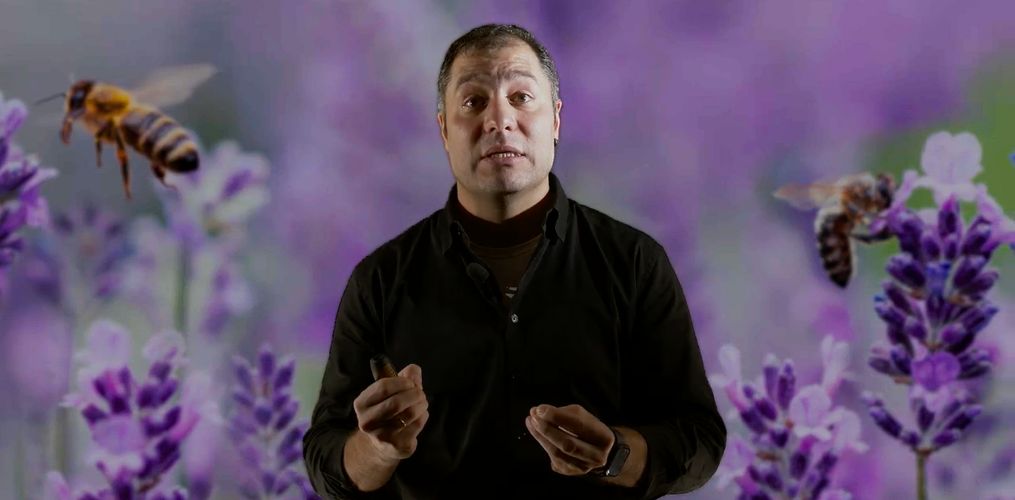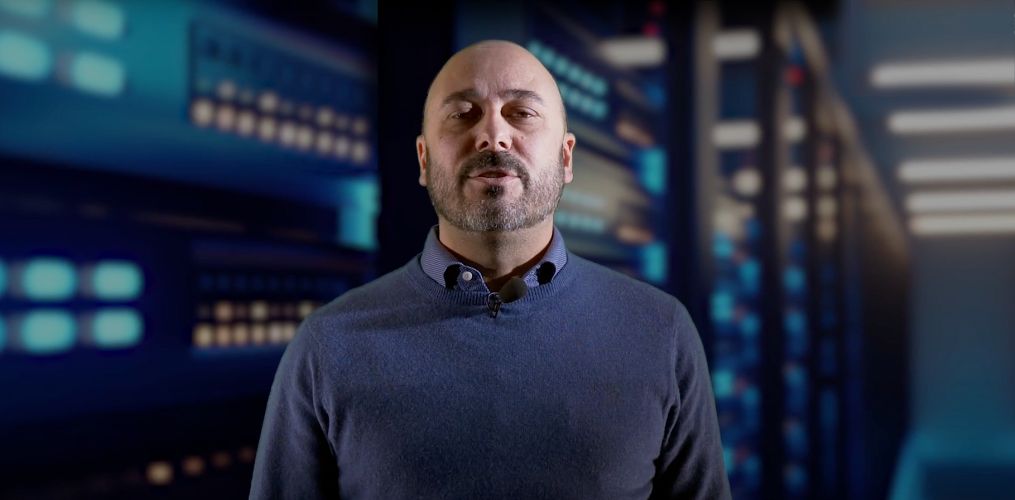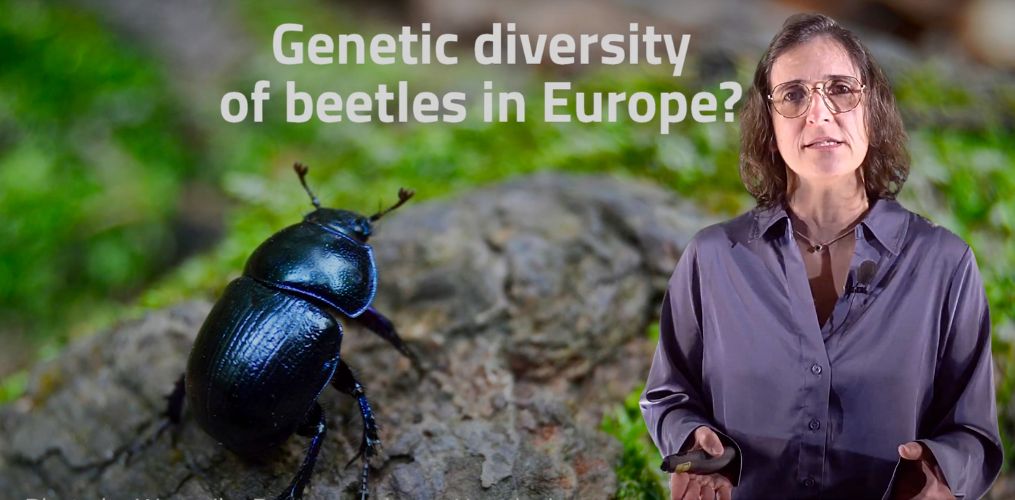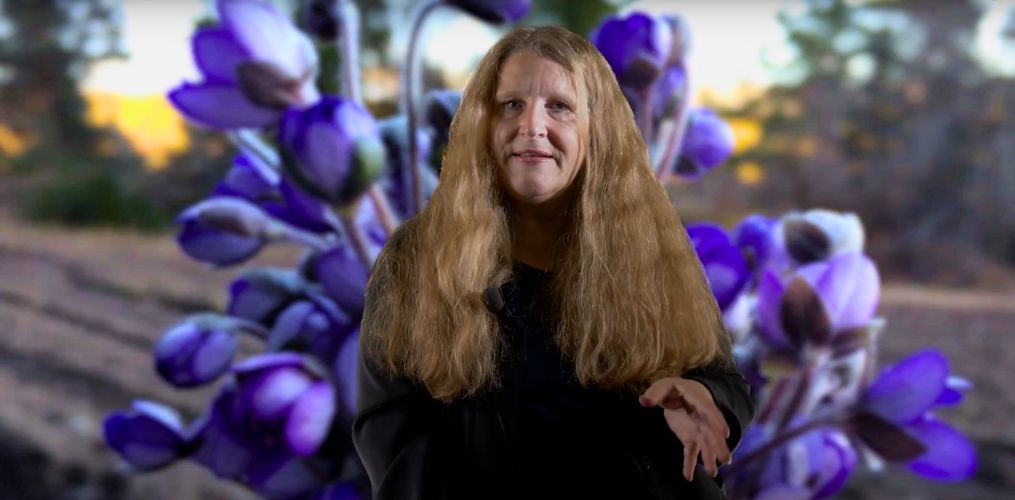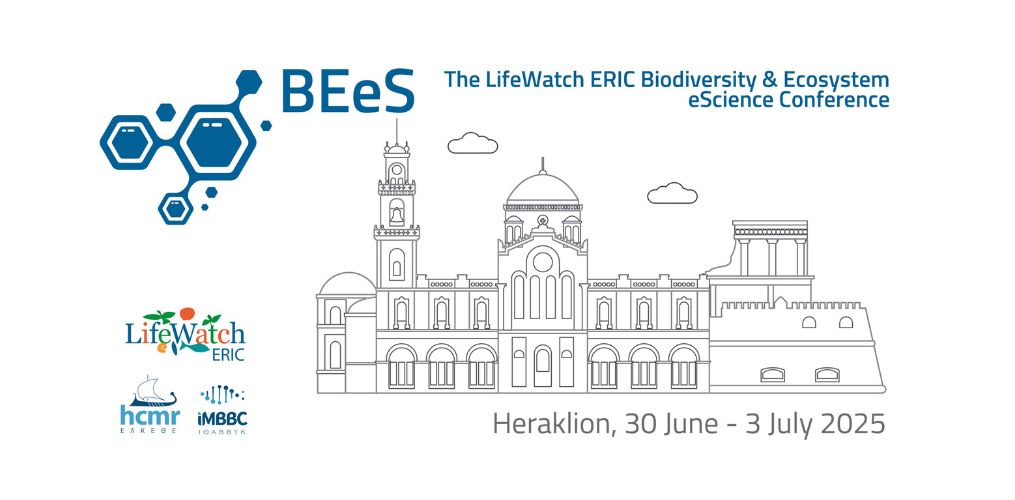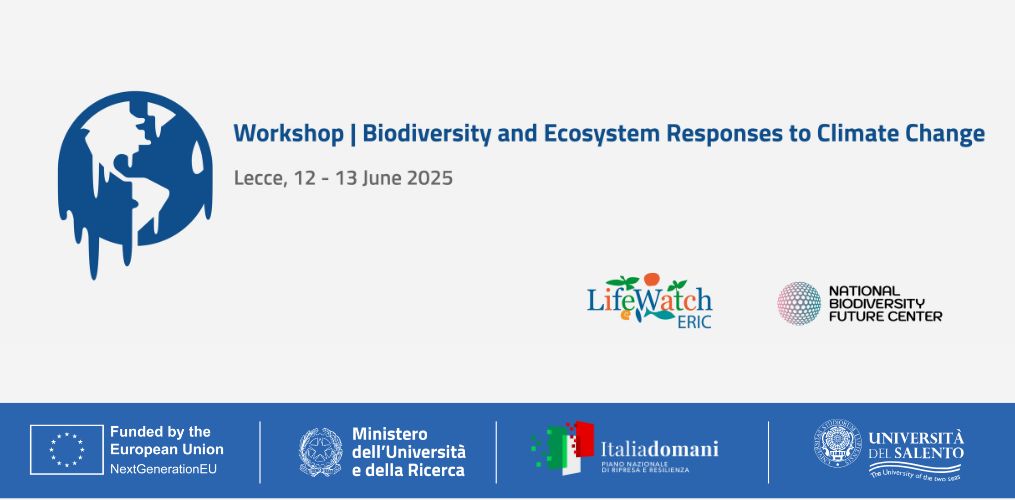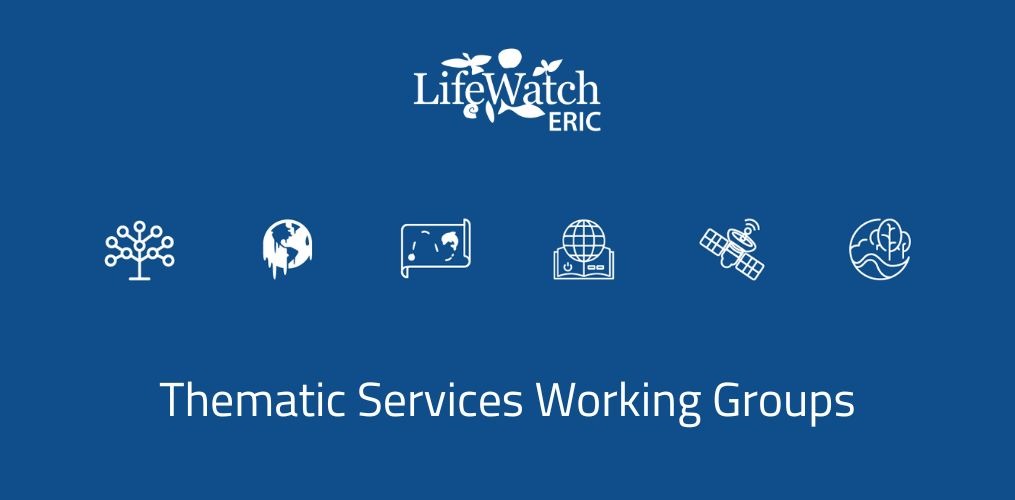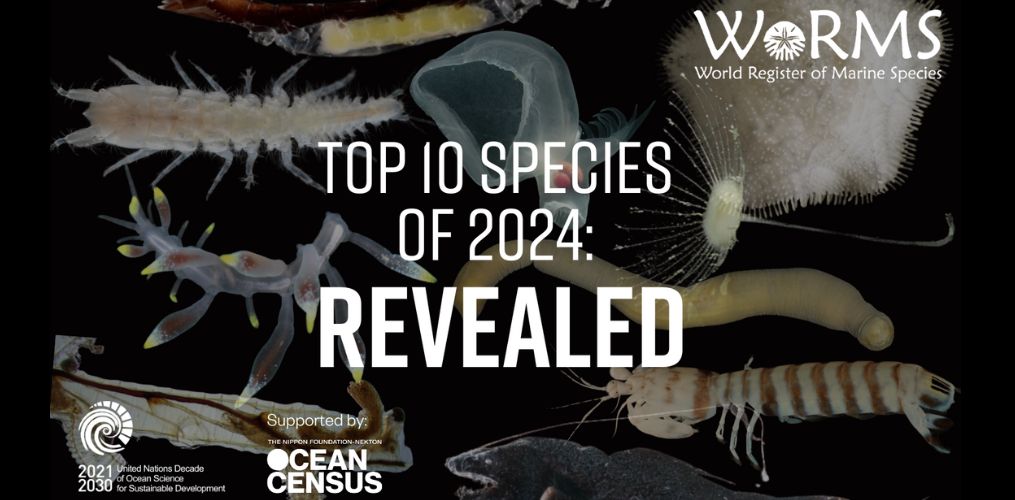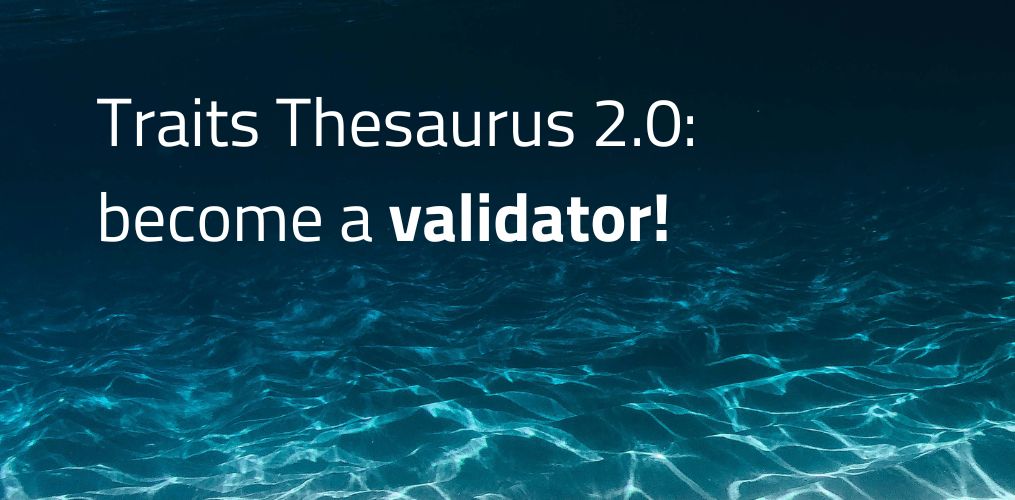Imagine standing on the edge of a vast forest, its canopy alive with the chatter of birds, the rustle of leaves, and the occasional flash of colour from a darting butterfly. Now picture this forest fading: a vibrant, thriving ecosystem replaced by silence, its trees felled one by one. What would we lose? What might we gain? This scene isn’t a distant possibility – it’s unfolding now. From the peaks of the highest mountains to the depths of the oceans, life thrives. Yet, the biodiversity that sustains humanity is in steep decline. The benefits we once relied upon – clean air, fertile soil, food, and protection – are increasingly uncertain.
With this vivid visualisation of the current biodiversity crisis, Alejandro Ordonez Gloria, Associate Professor at the Aarhus University Center for Ecological Dynamics in a Novel Biosphere (ECONOVO), opens the first episode of the BioDT Talks, a new 6-part series exploring how data, science, and technology are reshaping our response to the biodiversity crisis.
A theme that is very timely with International Biodiversity Day 2025, celebrated on 22 May 2025 under the theme “Harmony with nature and sustainable development”, to raise awareness of the importance of biodiversity and the urgent need to stop its loss, as recognised by the UN Convention on Biological Diversity.
In this opening talk, Dr. Ordoñez introduces the field of ecoinformatics, where AI, remote sensing, and ecological theory are combined to forecast the future of nature and guide proactive decision-making. From predicting species shifts to building Digital Twins of ecosystems, today’s tools give us a historic opportunity: not just to see what’s coming, but to choose a different outcome.
By illustrating the current, different approaches of ecoinformatics, he underlines how computational models generate plausible scenarios of biodiversity change while highlighting the role of computational approaches in assessing and prioritising conservation actions, allowing policymakers to focus on the most impactful strategies.
“We can no longer afford to be passive observers of ecological change. We must become active drivers of it […] The ecoinformatics toolbox is transforming science from a reactive perspective of change to a proactive perspective of change, one in which we can think about which actions do we need to take to get us to the future where we want to be in. And by doing this, we will be able to model where do we want nature to be into the future”, he says.
Enjoy the video on LifeWatching Channel website!
BioDT is a research project funded by the European Union that aims to develop a digital twin prototype for the study and analysis of biodiversity, in support of the EU Biodiversity Strategy for 2030. The Biodiversity Digital Twin prototype provides advanced models for simulation and prediction capabilities, through practical use cases addressing critical issues related to global biodiversity dynamics.
The BioDT Talks is the new 6-part series illustrating how data science and technology are transforming our approach to the biodiversity crisis.
More information on the BioDT Project HERE.
Watch the full playlist on YouTube and find out more!
